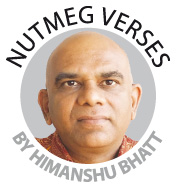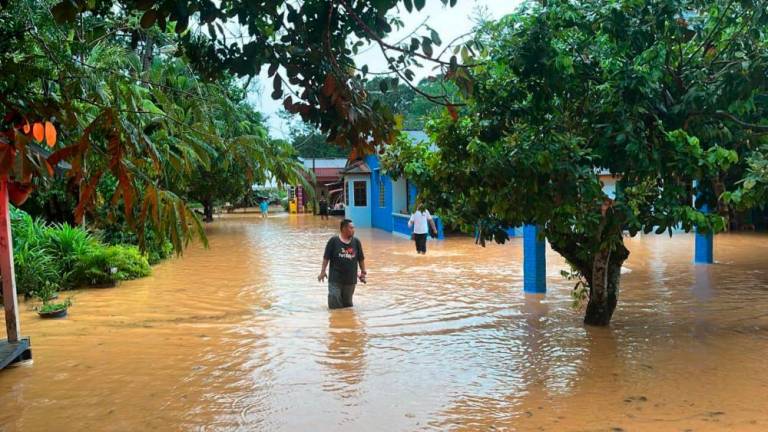SOME time in early April, barely 10 days after India began its nationwide lockdown due to the Covid-19 pandemic, the residents of Jalandhar in Punjab, India woke up to an astonishing vision.
High above the crowded city’s eastern horizon there loomed an awesome line of snow-capped mountains belonging to the great Himalayan range.
It was something that most of the locals had never before seen in their lives.
The magnificent mountains appeared suddenly, as though out of nowhere, after much of the city’s smog accumulated over decades had dissipated due to an extreme fall in human activity.
Reports of similar incidents elsewhere in the world where nature seems to be reclaiming its hold over spaces that had been encroached on by human settlements have since abounded in the news and social media.
There are fascinating accounts of wild animals like elephants, boars and even panthers entering urban areas, while birds – including some exotic and rare species – have been found travelling and congregating in far larger numbers than usual.
In the oceans, a massive decline in seafaring traffic and man-made underwater sounds must have prompted aquatic creatures like whales, dolphins and dugongs to become more visible than ever before, surprisingly showing up in spots where they were least expected to venture.
There are even stories about bees and other insects that are significant contributors to pollination of flowering plants flourishing in numbers.
While many of us may take delight in this perceived surge of the natural elements, there is one big question just begging to be addressed.
What will happen when the movement control order (MCO) is over?
Is it possible to then keep up this trend of environmental rejuvenation or will conditions just devolve again as they did before to bring us back to square one?
What can our human civilisation learn from this episode? How can we enable the improvements to the environment to prolong and continue?
Malaysian Nature Society (MNS) honorary member Kanda Kumar, for one, is determined that we must not let it become “business as usual” again and must work to change our ways.
There is an unmistakable message in this whole affair, he says, that unsustainable human activities are the main cause of the deterioration of the world’s environment.
The situation has shown that if we do not curtail our harmful activities in the name of progress and development, we are heading for irreversible damage to our living planet.
“We have been given a second chance to rethink, reorganise and reorientate our activities towards environmentally friendly and sustainable living, and sustainable development,” says Kanda, who is an adviser for MNS Penang.
“It must be done, but it may not be an easy task as most of us are set in our old ways.
“The governments, businesses and general public have to work together in order to achieve a cleaner, greener planet to live in that is in harmony with nature,” he adds.
Interestingly, a recent document published by the World Economic Forum argues that reports of a silver lining for nature in the midst of the pandemic are misplaced.
This is because deforestation, illegal mining and wildlife poaching are in fact taking place more rampantly while governments focus more on the Covid-19 crisis.
It calls on countries to start planning to rebuild their economies in a way that fosters green structural transformation, with long-term commitments to public spending and pricing reforms.
Governments and development financing institutions should prioritise stimulus efforts that have high economic multiplier effects and that reduce carbon emissions, it stresses, even as global efforts under the United Nations’ agencies must not be unduly delayed.
As Kanda puts it, all of us must put nature and the environment among the main priorities in planning development projects and harvesting Earth’s resources.
“If we go back to business as usual, not only are we heading towards disaster but we will also be doing a great injustice to loved ones who lost their lives during this pandemic,” he says.
Himanshu is a veteran journalist and theatre practitioner. Comments: letters@thesundaily.com













